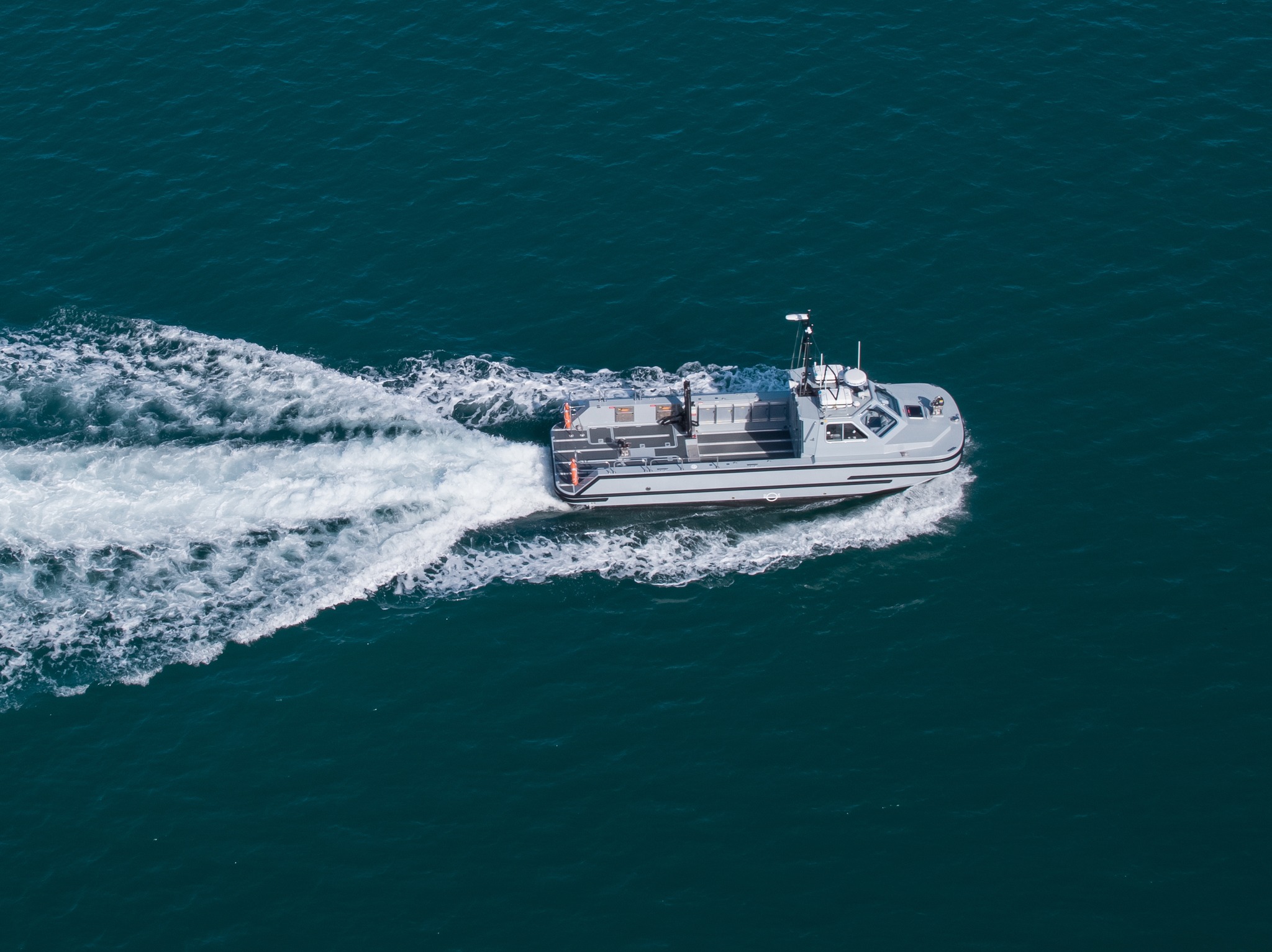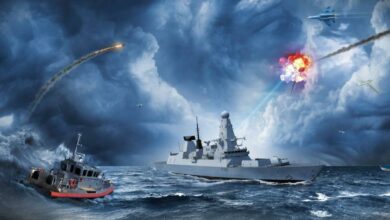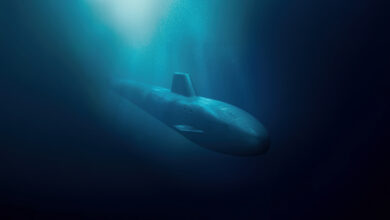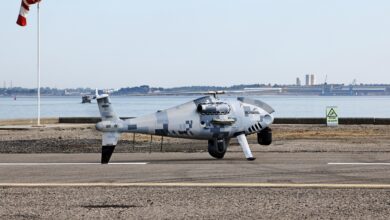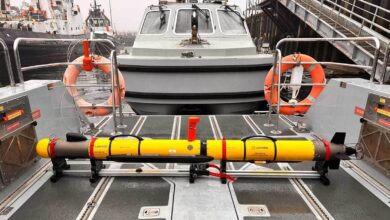ThyssenKrupp segment Atlas Elektronik has delivered the final two Sea-class workboats in Devonport for the UK Royal Navy’s Project Vahana.
Project Vahana is a 48-million-pound ($61-million) initiative to employ 35 new vessels for maritime operations, training, driver support, surveillance, and minehunting.
Dorset-based Atlas Elektronik received the contract to build the ships in 2017. Integrations involved remote and autonomous capabilities to sustain operational efficiency without personnel at the helm, as well as standardized hulls for mission flexibility.
Since their induction, the ships have operated with different naval vessels as well as local British ports. They have also replaced workboats produced in the 1990s that had reached the end of service life.

“The acquisition of Vahana craft has played an important step in the modernisation of a range of operational and enabling capabilities across the UK Defence maritime operating environment,” Royal Navy Fleet Navigating Officer Cdr. Peter Ware commented on Project Vahana’s finalization.
“They will provide an important platform upon which we can continue to build towards further integration of autonomous systems and delivery of effect in remote environments.”
Atlas Elektronik has supported approximately 60 jobs throughout the course of the project.
Adaptable Fleet
British Sea-class workboats measure between 11 and 15 meters (36 to 49.3 feet). The fleet’s largest, the HMS Magpie, measures 18 meters (59 feet).
Each system under the class is powered by twin waterjets for a top speed of 25 knots (46 kilometers/29 miles per hour).
Depending on the variant, the Vahana ships are fitted with multiple berths, contain accommodations for up to 36 personnel, and carry unmanned underwater systems such as the Remus and SeaCat drones.
“We are immensely proud to have delivered a range of 35 SEA Class vessels including HMS Magpie, with interchangeable capability modules, allowing the Royal Navy to rapidly reconfigure them for different operational roles,” Atlas Elektronik UK Surface Ship Systems Division Head Wesley Galliver said.
“Through this commonality, the training, spares and documentation burden for all systems has been significantly reduced.”
“A further strength of the SEA Class range is that it is fully compatible with AEUK’s autonomy engine enabling an unmanned capability when the need arises in the future.”

